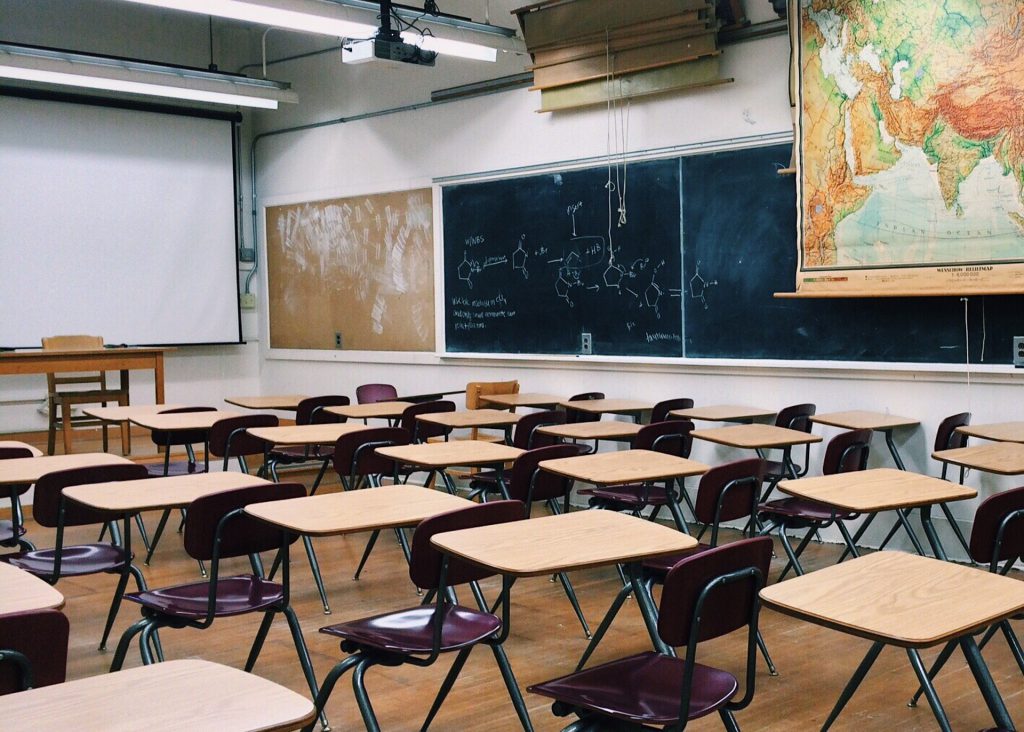Bill To Hike Property Tax Credit Raises Controversy
Targeted tax credits meant to threaten funding for school districts that went virtual.
Certain residents of some Wisconsin school districts would get a higher return on their taxes if a bill that was debated in the Assembly committee passes to temporarily increase the school property tax credit.
The Republican-sponsored bill would raise the tax credit for people living in districts that close for in-person instruction for more than 10 days between January and July of this year.
“No one pays, ever pays full cost for a partial service, yet that is what taxpayers have done,” Thiesfeldt said. “Property taxes go to ensure schools are in service, and when they are not, taxpayers should be given a refund.”
A Centers for Disease Control and Prevention study released in March of last year found that changes in the method of instruction in schools “presented psychosocial stressors to children and parents that can increase risks to mental health and well-being and might exacerbate educational and health disparities.”
But lawmakers such as state Rep. Gary Hebl, D-Sun Prairie, said the proposal seems punitive toward school districts.
“To the point where it says that it’s mandatory to keep our kids in school, virtual is no longer an option,” Hebl said. “If you don’t believe that, look at the tax penalties that your district is going to suffer as a result of that.”
“Back in June or July, we thought we were home free, we were all going to spend Fourth of July with our families,” Hebl said. “All of a sudden we had a variant, and then in November, we had another variant.”
Thiesfeldt said the bill acts as an encouragement for districts to remain in person.
“They received thousands of dollars of federal money with the intended use that they would be able to use that money to help mitigate what was going on with the virus,” Thiesfeldt said. “I can think of no better way to use that money for mitigation than to use it so that you can actually stay open, so that your kids can learn the best way that you can do it.”
State Rep. LaKeshia Myers, D-Milwaukee, raised concerns about the bill’s provisions applying to non-COVID-19 incidents.
“All kinds of things happen every spring that causes schools to close,” Myers said. “They have the option to go virtual now, students would still be able to have instruction, but the school itself may be impaired because of, you know, rain, water, things like that.”
Thiesfeldt said he’d be open to thoughts on an amendment to the bill.
John Jacobson, the director of government and member relations with the lobbying group Wisconsin Property Taxpayers, said many of the group’s members support the bill because of a commitment to investing in schools and services communities receive.
“I’m not really sure how it’s punitive to give dollars back to families who are facing rising costs every day, and then are expected by their school boards to cover costs that they already paid for through their property taxes,” Jacobson said. “No matter how necessary or noble the maneuver to virtual instruction is deemed to be by local school district officials, their good intentions as they were do not cover lost wages or increased child care costs.”
The League of Women Voters of Wisconsin filed in opposition to the bill. In a filing, the group said the legislation doesn’t mention how the credits would be funded or what the rationale behind the change would be.
“Local school officials are in the best position to understand local conditions and the effects of the pandemic on both their students and staff and their decisions on mode of delivery deserve deference and not an after-the-fact response in the form of tax credits,” the statement reads.
Currently, no districts would be affected by the credit adjustment. Milwaukee and Madison’s school district both used virtual learning for the first days back after winter break, with Milwaukee using 10 days of virtual learning before returning to in-person instruction on Jan. 18.
The additional credit would only apply to tax filers with an adjusted gross income of $80,000 or less. For married couples filing jointly, that figure increases to $150,000.
Listen to the WPR report here.
Wisconsin property owners could receive additional school tax credit under Republican proposal was originally published by Wisconsin Public Radio.






















